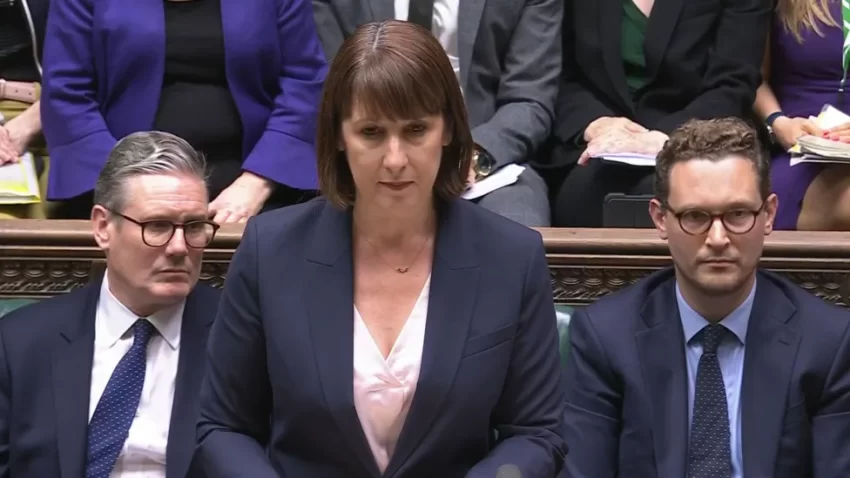The UK’s public debt could surge to as high as 300% of GDP over the next half-century, driven by escalating costs related to climate change and an ageing population, the Office for Budget Responsibility (OBR) has warned.
In its latest report on long-term fiscal risks, the independent watchdog cautions that current policy choices and future spending pressures are setting the public finances on an unsustainable path.
The OBR projects that public spending will rise from 45% to over 60% of GDP by 2073, while government revenues are expected to hover around 40% of GDP. Under its baseline scenario, the OBR forecasts that public debt could reach 274% of GDP by the late 2030s, marking the highest level outside wartime conditions, with potential peaks of 300% in scenarios involving additional geopolitical shocks.
These stark projections come ahead of the government’s upcoming budget, where difficult decisions on tax and spending will be necessary. The report underscores the long-term fiscal challenges facing future governments, particularly as the UK navigates its commitment to achieving net-zero emissions by 2050 and copes with a demographic shift towards an older population.
David Miles, a member of the OBR’s budget responsibility committee, stressed the urgency of addressing these fiscal pressures, warning that the current borrowing trajectory is “unsustainable” and risks destabilising the economy. “You can’t just expect the rest of the world to keep buying up UK debt that rises at an ever-accelerating rate,” Miles said, highlighting the need for a significant policy overhaul.
The transition to a green economy is expected to have substantial fiscal implications, particularly as fuel duty revenues—a key government income stream—decline with the rise of electric vehicles. The OBR estimates that fuel taxes, which currently contribute about 1% of GDP, will drop to just 0.1%, adding 20 percentage points to the national debt, even if a comprehensive carbon tax is implemented. However, if new motoring levies are introduced to replace fuel duties, the debt impact could be mitigated by up to 12 percentage points.
The report also emphasises the critical role of productivity growth in alleviating fiscal pressures. The OBR posits that even a modest increase in productivity could significantly reduce the projected rise in debt, with a 0.1% improvement potentially lowering the debt-to-GDP ratio by 25 percentage points over the coming decades. However, the UK’s recent productivity growth has been sluggish, averaging just 0.5% annually over the past 15 years, compared to pre-2008 rates of over 2%.
In the face of these challenges, the OBR warns that future governments will need to take decisive action, including raising taxes, cutting spending, and pursuing policies to stimulate productivity growth. The report also notes the potential impact of migration as a short-term fiscal boost, with higher-than-expected net migration projected to increase the UK’s population from 68 million to 82 million by 2074.
However, as the migrant population ages, the initial fiscal benefits are expected to diminish, presenting additional challenges for the UK’s long-term fiscal outlook. As the government prepares to deliver its first budget, the OBR’s findings highlight the difficult balancing act required to ensure sustainable public finances while supporting economic growth and meeting the demands of an ageing society.


